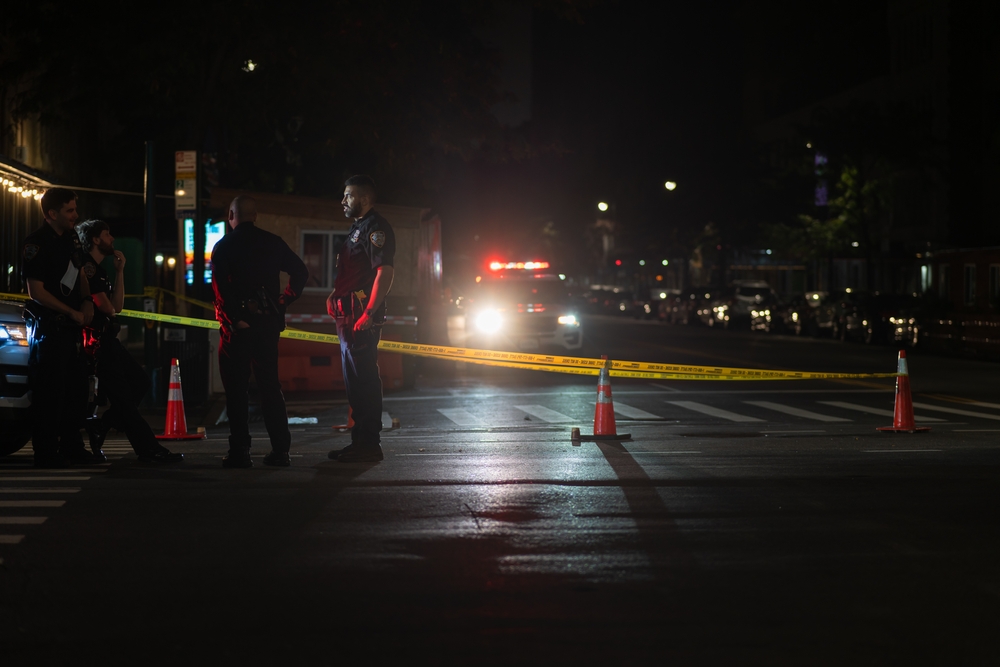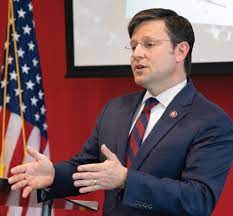Listen To Story Above
PragerU has issued a bold challenge to Americans: demonstrate your civic knowledge by passing their U.S. citizenship test and potentially win a substantial cash reward. What makes this challenge particularly striking is the fact that merely 36 percent of American adults can successfully complete the same citizenship test that immigrants must pass to become naturalized citizens. In other words, the majority of native-born Americans would struggle with a test designed to evaluate basic knowledge of their country’s history, governmental structure, and civic principles.
This initiative highlights a troubling reality in American education. A revealing study from the Woodrow Wilson National Fellowship Foundation discovered that most Americans can’t identify the three branches of government, while 37 percent are unfamiliar with First Amendment protections. The situation appears even more dire among younger generations, with The Daily Signal reporting that an astounding 97 percent of high school students would fail the citizenship examination. These students – tomorrow’s voters and leaders – demonstrate a concerning lack of understanding about governmental operations.
Only 36% of American adults can pass the U.S. citizenship exam. Can you? Take our citizenship quiz to find out. Pass, and you’ll be entered for a chance to win $10,000 👉 https://t.co/UWeV8fsnFt @prageru #sweepstakes pic.twitter.com/iReClG8gmY
— Marissa Streit (@marissastreit) March 17, 2025
To combat this civic knowledge crisis, PragerU has developed various educational resources. The nonprofit organization delivers free educational content, curriculum materials, and youth-oriented programming to strengthen Americans’ understanding of civics, history, and fundamental national values. Their latest initiative backs this educational mission with a $10,000 prize for those who successfully complete their citizenship quiz.
The decline in civic education has coincided with an increased focus on other educational priorities. As schools have shifted attention toward Social-Emotional Learning, Diversity, Equity, and Inclusion programs, Critical Race Theory, and social justice initiatives, traditional civics education has often been marginalized. Additionally, social media platforms and popular culture have replaced substantive historical discourse with abbreviated, often inaccurate information and alternative historical interpretations. Many students now encounter America’s story through a lens of grievances rather than studying the fundamental principles outlined in founding documents.
This educational shift has produced a citizenry that’s increasingly disconnected from civic participation and lacking the knowledge necessary for informed democratic engagement. The ability to protect constitutional rights and make educated voting decisions depends on understanding these fundamental concepts.
Can you pass the U.S. citizen test? pic.twitter.com/kocHpAx0lv
— Andrew J. Abreu (@andrewnuity) August 29, 2022
PragerU’s approach combines education with engagement, making civic learning both accessible and potentially rewarding. Their educational videos present historical and governmental concepts in an engaging format, while their citizenship quiz offers an interactive learning experience. The addition of a potential $10,000 prize provides extra motivation for participation.
The quiz mirrors the official U.S. citizenship test format, requiring participants to answer multiple-choice questions about American government and history. Like the official test, where immigrants must correctly answer six out of ten questions, participants who achieve a passing score become eligible for the prize drawing.
This initiative serves dual purposes: offering participants both the chance for financial gain and the opportunity to demonstrate their understanding of American citizenship. At its core, the program emphasizes that civic literacy remains crucial for maintaining a democratic society, using competition and financial incentives to encourage engagement with these essential concepts.






